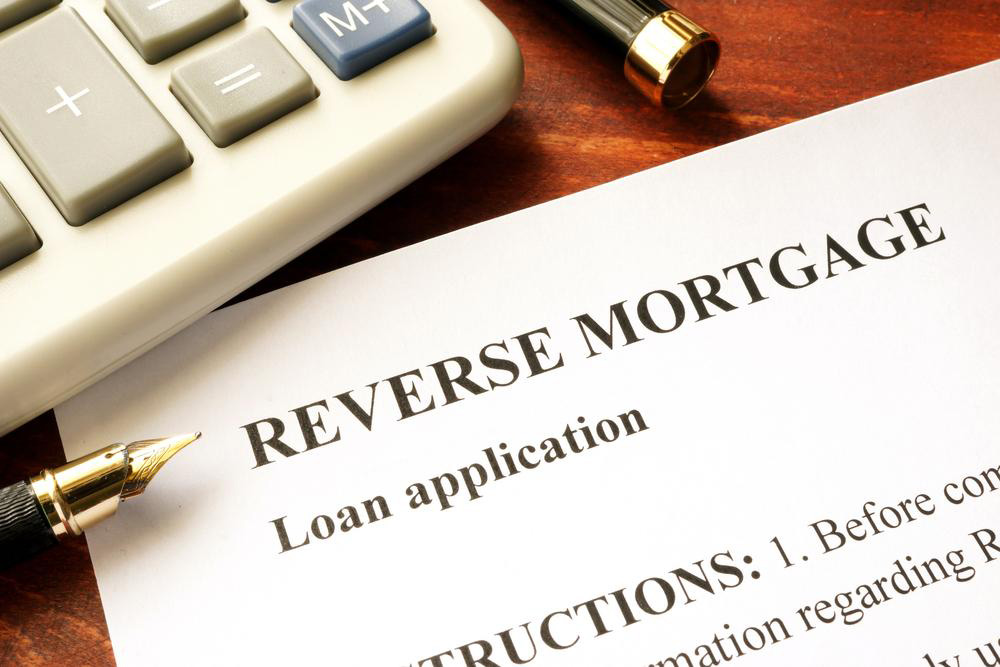Understanding the Key Components in HECM Reverse Mortgage Computations
This article explains the key factors involved in calculating HECM reverse mortgage eligibility. It covers the main components such as property value, borrower age, loan type, interest rates, and existing debts. The piece highlights how these variables influence the final loan amount, including recent changes in federal limits and tips for timing the loan. Understanding these elements helps seniors make informed decisions about reverse mortgages, improving their financial planning and mortgage management options.
Sponsored

The calculation of eligibility for a Home Equity Conversion Mortgage (HECM) reverse mortgage does not follow a one-size-fits-all formula. However, certain core factors are used consistently to estimate potential loan amounts. While online calculators offer rough estimates, only a certified counselor can confirm the final eligible amount, provided all criteria are satisfied.
The actual reverse mortgage value depends on the chosen loan type, available funds, property value, prevailing interest rates, existing mortgage balance, and the applicant’s age.
The maximum allowable limit for HECM loans currently stands at $636,150, up from last year's $625,500. Calculating the reverse mortgage involves analyzing current market rates, updated interest rates, and specific property details. For example, a 65-year-old homeowner with a property worth $300,000 and a $50,000 existing loan might be eligible for approximately $150,000 in funds. This amount reduces by the existing loan balance, which is settled from the approved amount.
This repayment effectively clears the current mortgage, eliminating future payments and offering better financial flexibility. The computation considers home value, existing debt, and the net proceeds after costs. Typically, older borrowers qualify for higher amounts; for instance, a 62-year-old may receive around $110,000, whereas a 76-year-old could qualify for $149,000 on the same property. The maximum loan amount also depends on county-specific limits set by the FHA. Monitoring market interest rates helps in choosing the optimal time for refinancing, as lower pending loan amounts increase the available funds for the borrower.






